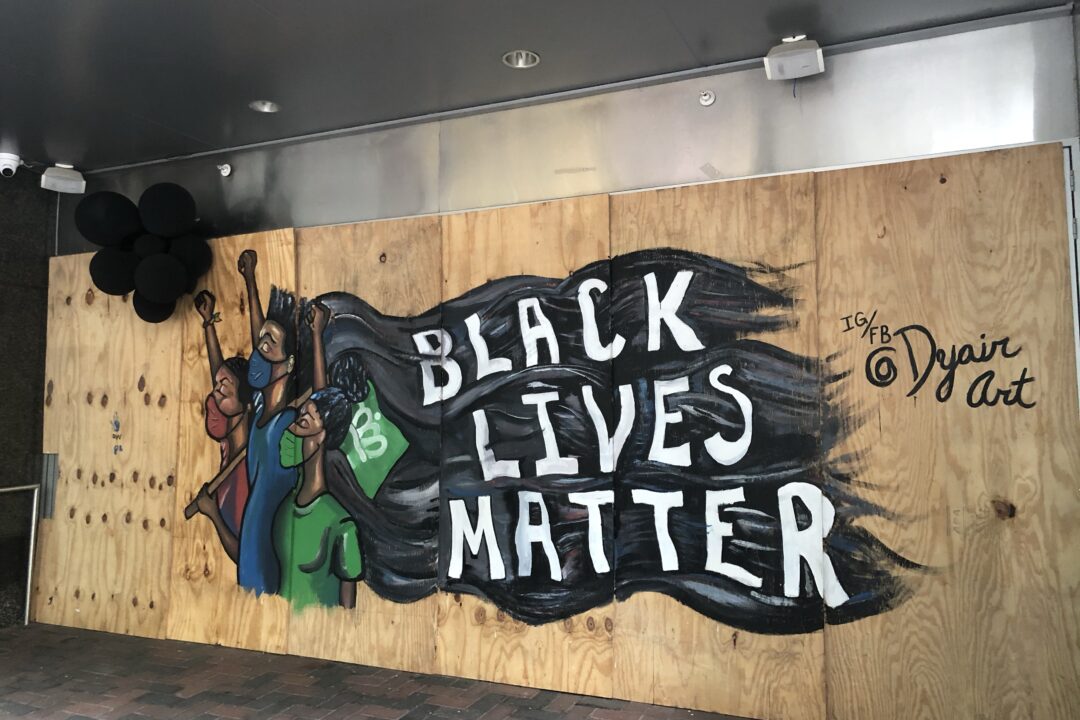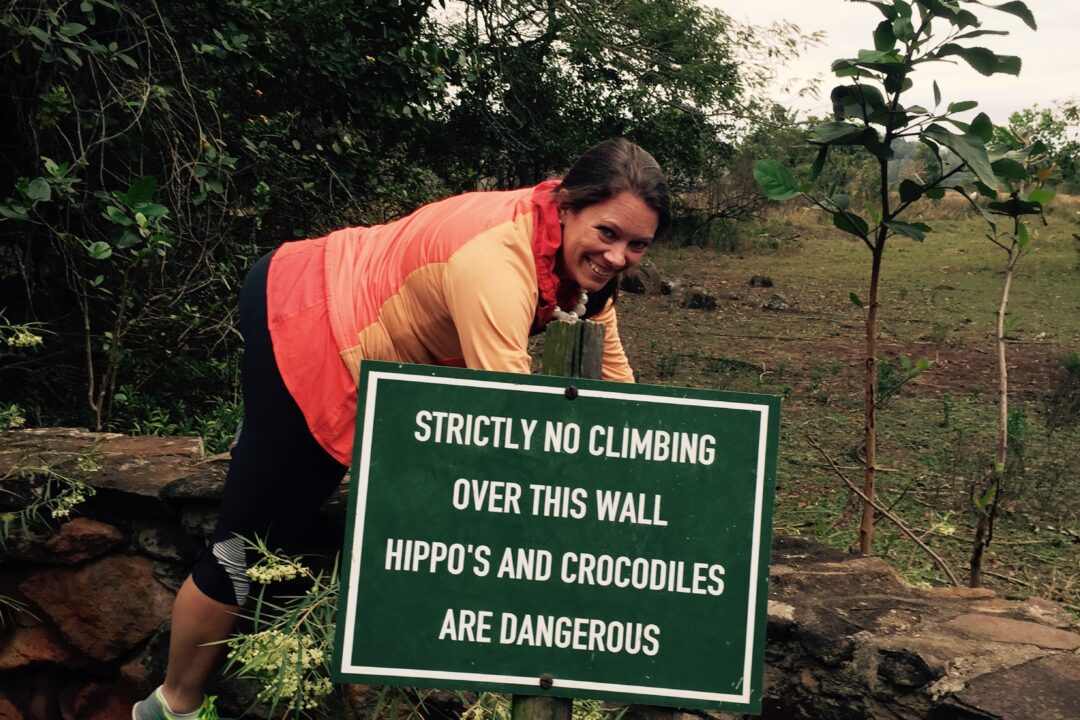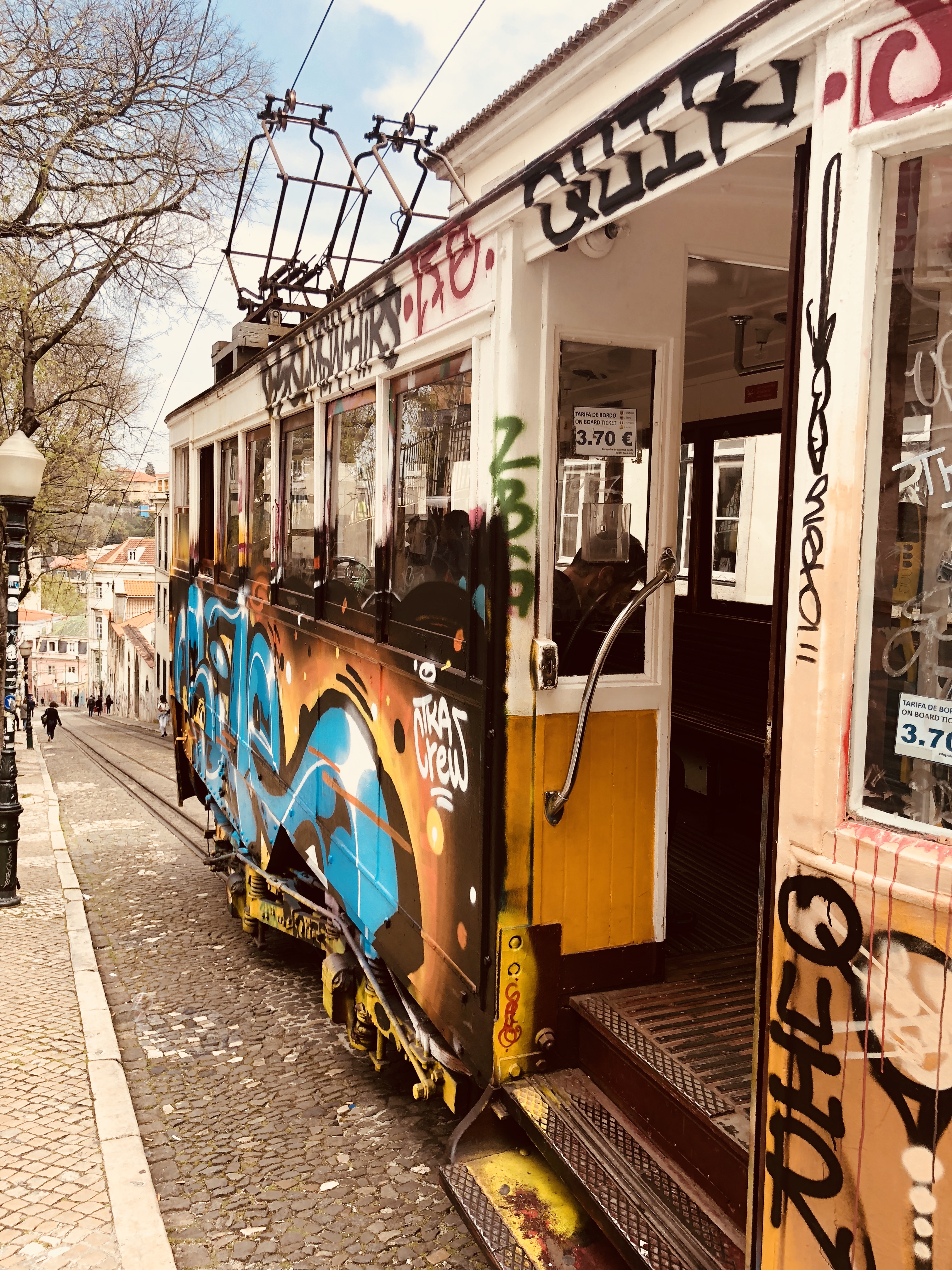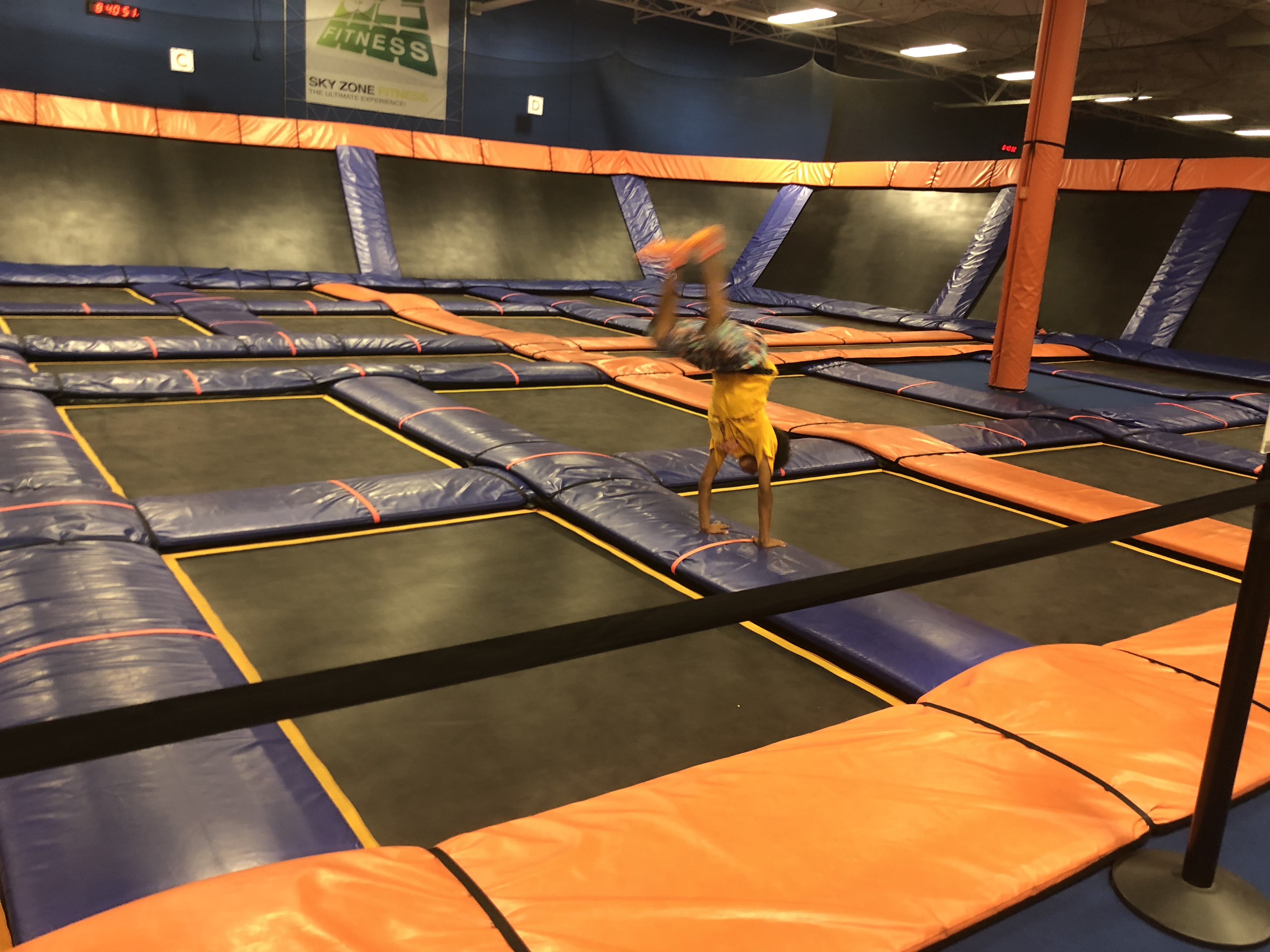Last summer I attended an outdoor movie night in the neighborhood where I spend a lot of my time serving. It was a movie about the tension between whites and blacks and was meant to initiate conversation around racial reconciliation. It was a great event. There were fun and games…and lots of food.
But what I’ve thought a lot about recently is what the goal of that event was…..movement towards racial reconciliation….and where it was hosted….in a black neighborhood.
While I know that all intentions were entirely pure in nature, that it had some good outcomes and that it seriously was an amazing event, I think that the movie night – and other events like it (that I have been involved in, planned and promoted) – are misdirected efforts when it comes to racial reconciliation. Or maybe it’s that our efforts would have more impact for the intended goal of racial reconciliation, if we hosted them in white neighborhoods, in white churches, in white homes.
Black people in America are already aware of the need for racial reconciliation. They’ve been living with that knowledge since they were small children and had to become racially aware to keep themselves physically safe.
Many white people in America are not aware of the need for racial reconciliation. They think everything is just fine because their lives are not (generally) impacted by systemic racism. Or they think that it’s on Black Americans to fix, because again, it’s not a problem that impacts them.
But just because we don’t experience it doesn’t mean that it doesn’t exist. And it also doesn’t mean that we don’t have a part to play in the fixing.
So where might efforts at racial reconciliation have the most impact? In white neighborhoods. And in white homes. And in white churches. In places where there’s never been conversations about race…..because well, there hasn’t ever HAD to be conversations about race in those places.
Jesus was intentional about His messages and to whom He directed them. The Pharisees didn’t think they were doing anything wrong. They were in power and the way that they managed things worked just fine for them. But as we can learn from Jesus, we do not have to accept the status quo from those who promote it. We can call it out. We need not continue to preach “racial reconciliation” to the choir, but rather to those who aren’t aware of why it’s needed.
To all of my (white) friends who have invited me to be a part of a book club, thank you. I sincerely appreciate the invites. Really really really. I love that you are educating yourselves on the lives – and history – of Black America. Read those books. Educate yourselves. Have conversations with your Black friends (if they aren’t exhausted) and ask them hard questions….about their experiences with racism…because I promise, they have those experiences. And, do more than just be in the book club. [for more on that, see this article]
But here’s where we move the needle…. After you finish that book, have a conversation about race and why #blacklivesmatter in your home, with your relatives and friends who won’t read that book, with your white colleagues who make comments about your colleague who is a person of color, and in your white church…. Even WHEN it is uncomfortable….because y’all, I promise it WILL be uncomfortable. Be persistent. And have more than one conversation. Change takes time…. lots and lots of time. Over time those uncomfortable moments will be worth it. We can change America….one (HARD) conversation at a time.
**thank you to Jamil Dyair Steele for his Black Lives Matter mural on Tryon Street in Charlotte, NC. You can follow him on Instagram @dyairart or buy his art on his Etsy shop.





No Comments Found